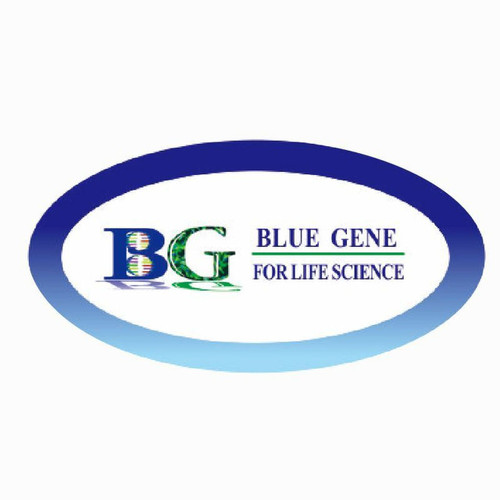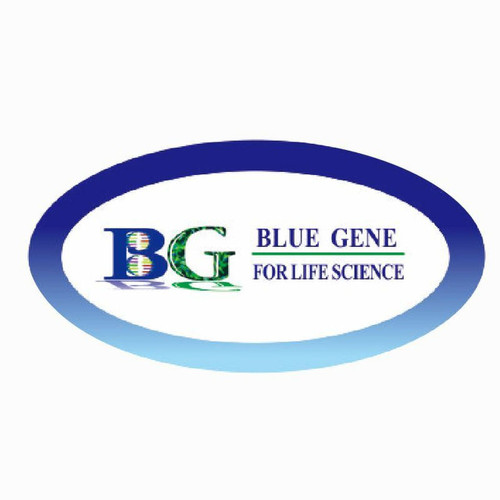Product Description
Human ATP-binding cassette sub-family B member 5 (ABCB5) ELISA Kit | AE23100HU | Abebio
Species Reactivity: Human (Homo sapiens)
Abbreviation: ABCB5
Alternative Name: ABCB5alpha; ABCB5beta; EST422562; ATP-binding cassette protein|ATP-binding cassette; sub-family B; member 5|P-glycoprotein ABCB5
Application: ELISA
Range: 0.156-10 ng/mL
Sensitivity: 0.054 ng/mL
Intra-Assay: ≤5.3%
Inter-Assay: ≤10.1%
Recovery: 1, 06
Sample Type: Serum, Plasma, Other biological fluids
Detection Method: Sandwich
Analysis Method : Quantitive
Test Principale: This assay employs a two-site sandwich ELISA to quantitate ABCB5 in samples. An antibody specific for ABCB5 has been pre-coated onto a microplate. Standards and samples are pipetted into the wells and anyABCB5 present is bound by the immobilized antibody. After removing any unbound substances, a biotin-conjugated antibody specific for ABCB5 is added to the wells. After washing, Streptavidin conjugated Horseradish Peroxidase (HRP) is added to the wells. Following a wash to remove any unbound avidin-enzyme reagent, a substrate solution is added to the wells and color develops in proportion to the amount of ABCB5 bound in the initial step. The color development is stopped and the intensity of the color is measured.
Product Overview: ABCB5 [ATP-Binding Cassette Subfamily B (MDR/TAP) Member 5] is a human ABC transporter and P-glycoprotein family member principally expressed in physiological skin and human malignant melanoma.ABCB5-alpha and -beta diverge after exon 6, with ABCB5-alpha including a seventh exon that encodes its 3-prime UTR, and ABCB5-beta including 14 more exons. The 131-amino acid ABCB5-alpha protein has a calculated molecular mass of 15 kD. It has an ABC signature motif and a Walker B consensus sequence, but no Walker A consensus sequence. In contrast, ABCB5-beta has an N-terminal ABC signature motif and Walker B motif, followed by 6 transmembrane domains and C-terminal Walker A, ABC signature, and Walker B motifs.
Stability: The stability of ELISA kit is determined by the loss rate of activity. The loss rate of this kit is less than 5% within the expiration date under appropriate storage condition. The loss rate was determined by accelerated thermal degradation test. Keep the kit at 37°C for 4 and 7 days, and compare O.D.values of the kit kept at 37°C with that of at recommended temperature. (referring from China Biological Products Standard, which was calculated by the Arrhenius equation. For ELISA kit, 4 days storage at 37°C can be considered as 6 months at 2 - 8°C, which means 7 days at 37°C equaling 12 months at 2 - 8°C) .
 Euro
Euro
 USD
USD
 British Pound
British Pound
 NULL
NULL












